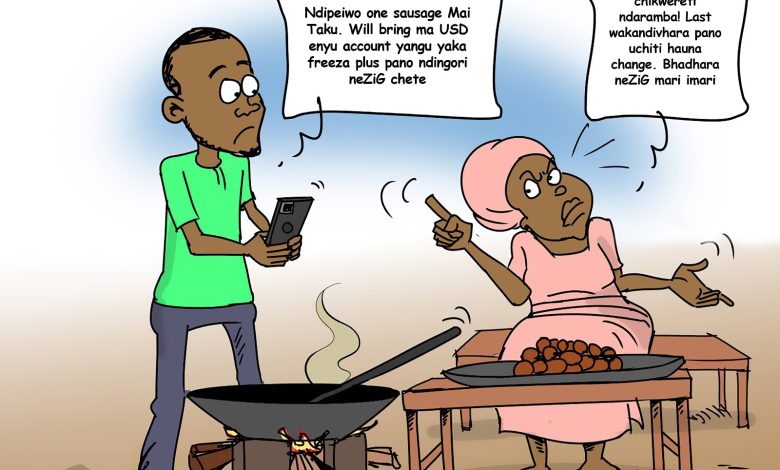Minister Joins Campaign to Boost ZiG Currency Adoption

The debate surrounding the newly introduced ZiG currency continues, with the Minister of Industry and Commerce, Mangaliso Ndlovu, joining the campaign to promote its adoption. Following in the footsteps of Reserve Bank of Zimbabwe Governor, Dr. John Mangudya, and Minister of Finance, Economic Development and Investment Promotion, Professor Mthuli Ncube, Minister Ndlovu seeks to foster closer collaboration with industry stakeholders to boost the currency’s use.
The Minister’s efforts aim to encourage citizens to support the use of the ZiG currency in their daily transactions, promoting economic growth and stability. With the currency’s adoption still in its early stages, the government is working tirelessly to ensure its success.
Share your thoughts on the ZiG currency and its potential impact on Zimbabwe’s economy! @thezimbabweanpatriot (Facebook and Instagram) @thezwpatriot (Twitter)




